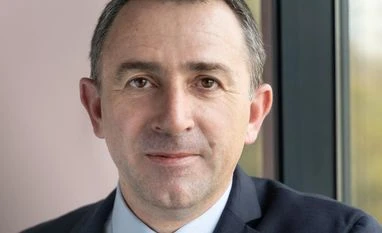Want to make India an engineering and manufacturing hub: Legrand Group CEO
He said Legrand is planning to expand in the country, doubling down on investments and hiring about 500 people this year as well as make acquisitions
)
Explore Business Standard

Associate Sponsors
Co-sponsor
He said Legrand is planning to expand in the country, doubling down on investments and hiring about 500 people this year as well as make acquisitions
)
Already subscribed? Log in
Subscribe to read the full story →

3 Months
₹300/Month
1 Year
₹225/Month
Renews automatically, cancel anytime

Over 30 premium stories daily, handpicked by our editors



News, Games, Cooking, Audio, Wirecutter & The Athletic

Digital replica of our daily newspaper — with options to read, save, and share



Insights on markets, finance, politics, tech, and more delivered to your inbox

In-depth market analysis & insights with access to The Smart Investor



Repository of articles and publications dating back to 1997

Uninterrupted reading experience with no advertisements



Access Business Standard across devices — mobile, tablet, or PC, via web or app
First Published: Apr 09 2023 | 8:53 PM IST